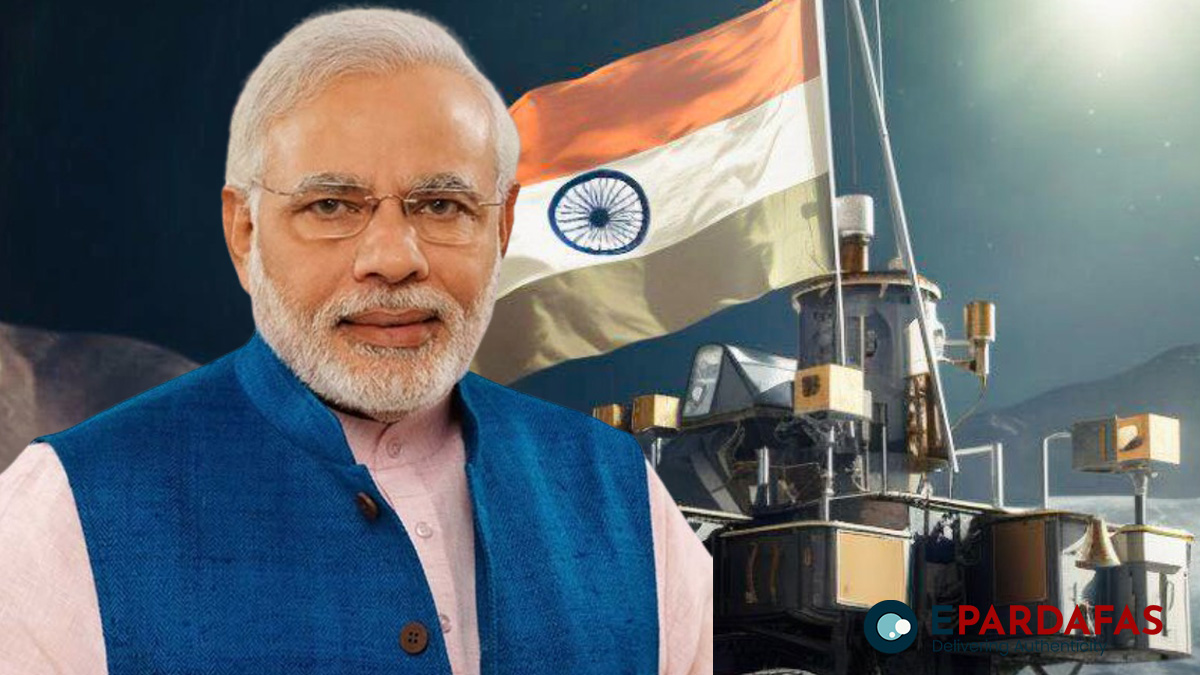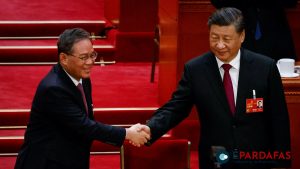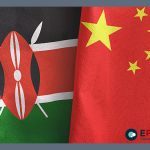
India and China Propel Global South into the Space Race
Innovative partnerships and resource-driven ambitions characterize emerging nations’ foray into space exploration
The landscape of space development is undergoing a seismic shift as India and China open doors for the Global South, inviting collaboration and participation in the rapidly evolving space race. Startups like Agnikul Cosmos at the Indian Institute of Technology Madras epitomize this transformation, emphasizing a unique blend of private-sector innovation and military technologies.
At Agnikul Cosmos, a pioneering startup based at one of India’s premier science universities, a futuristic scenario unfolds as a giant 3D printer produces a small rocket. Co-founder Srinath Ravichandran envisions a future where the demand for small satellites surges, and the startup aims to reduce manufacturing costs by an ambitious 95%. With the backing of the Indian Space Research Organization (ISRO), Agnikul Cosmos aims to achieve a launch every two weeks, targeting its inaugural launch by the end of this year.
The historical dominance of the U.S. and the Soviet Union in space exploration during the 20th century is giving way to a more diverse and inclusive era. China’s lunar probe in 2013 and India’s successful mission in August 2023 exemplify this shift. Japan recently joined this league, showcasing the growing influence of emerging countries.
India’s space development budget, standing at $1.7 billion, pales in comparison to the U.S.’s expenditures, amounting to just 2% of the latter’s spending. Prime Minister Narendra Modi emphasized the collaborative nature of such achievements, extending an invitation to countries, especially from the Global South, to aspire to lunar missions and beyond.
Kenyan Defense Minister Aden Bare Duale’s visit to ISRO signifies the interest of African nations in partnering with India on space programs. Beyond India, China is also attracting emerging nations into space development partnerships. Venezuelan President Nicolas Maduro, during a meeting with Chinese President Xi Jinping, declared intentions to send the first Venezuelan astronauts to the moon in a Chinese spacecraft.
The competition for space resources, akin to a new form of colonialism, is intensifying. China’s involvement in building satellite ground stations in Latin American nations, including Venezuela, Argentina, and Brazil, raises questions about the dual use of these facilities for military purposes.
The Global South’s participation in space development is driven by various benefits, including enhanced national prestige, economic policy advancements, strengthened security, and access to space resources. The moon, believed to contain water and precious minerals, becomes a focal point of interest. The geopolitical stakes are high, with traditional space powers like the U.S. and China expanding alliances to secure access to these valuable resources.
The Artemis program led by the U.S., focusing on a human-crewed mission to the moon, invites international cooperation through the Artemis Accords. Simultaneously, China and Russia spearhead the International Lunar Research Station, garnering participation from countries like Pakistan, the United Arab Emirates, and Egypt.
As the space competition intensifies, the absence of a legal framework governing resource development on the moon poses challenges. While the Outer Space Treaty prohibits territorial claims on celestial bodies, the lack of regulations for resource utilization may spark complex tensions in this new frontier, especially with the entry of tech-savvy emerging nations into the space race.
Input from Nikkei Asia















Comments